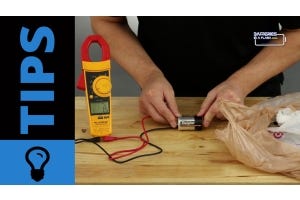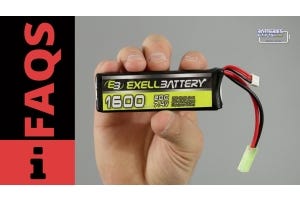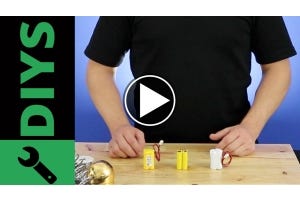Boating Safety - How to Stay Safe While Boating

If you are about to set off on a grand boating trip with your family by your side, you will likely need to run through a safety checklist to ensure your family's safety on the open water. By ensuring that all of the mechanical and electrical components are in proper working order, you can put together a stress-free trip that will have you motoring through some of the last wilderness areas in the country. Here are a few specific guidelines you should follow to stay safe while boating.
Obtain the Proper Paperwork
As the first order of business, you will want to make sure your decal, license, and registration are all current. Going on a trip without a license, in fact, can cost you dearly. By securing the proper paperwork and remaining legal throughout the summer, you can happily head off on an adventure of a lifetime. If you happen to get in a boating accident, the boating authorities will require your license and registration for the formal report.
Inspect the Engine and Marine Battery
Because vessels can develop mechanical and electrical problems when they are not being used, you should thoroughly examine each and every component part. Make sure that the engine turns over easily and that the marine battery is fully charged. You should also test the navigation lights, which will be particularly important during overcast days and rain events. The hull should likewise be examined for cracks.
Procure the Appropriate Safety Equipment
A life jacket should be available for every member of the boating expedition. If certain life jackets have been sitting around in a storage area for years, you will need to examine them to ensure that the fabric is still in good condition. Life jackets with tears or holes should be replaced. Because emergencies can strike at any time, a fire extinguisher is also a good idea. If your engine begins to give off smoke while you are out on the lake, an extinguisher may be the only real way to get the situation under control. Flotation devices and flares can ensure your boating safety on the water.
Check Out Your Transport Options
If you are planning to drive to a far-off body of water, you will need a way to transport your vessel to the desired area. Ensure that your trailer is in perfect working order. Be especially careful with the trailer tires. If they appear worn or degraded, you should buy new ones before you go.
Examine Your Anchor
Though boating trips will necessarily involve a lot of moving around, you will also need to drop anchor at certain points during the day. Ensure that your anchor is tied to a strong rope. If you have recently bought a new vessel and are unsure if your anchor is heavy enough to be viable, speak to an expert.
Safety First
Though motoring through the open water can be majestic and inspirational, boating safety should always come first. By checking your marine engine, battery, lights, anchor, and safety equipment, you can ultimately have a wonderful time. With luck, your family members will fall in love with the experience and will be dying to go again in the near future.






